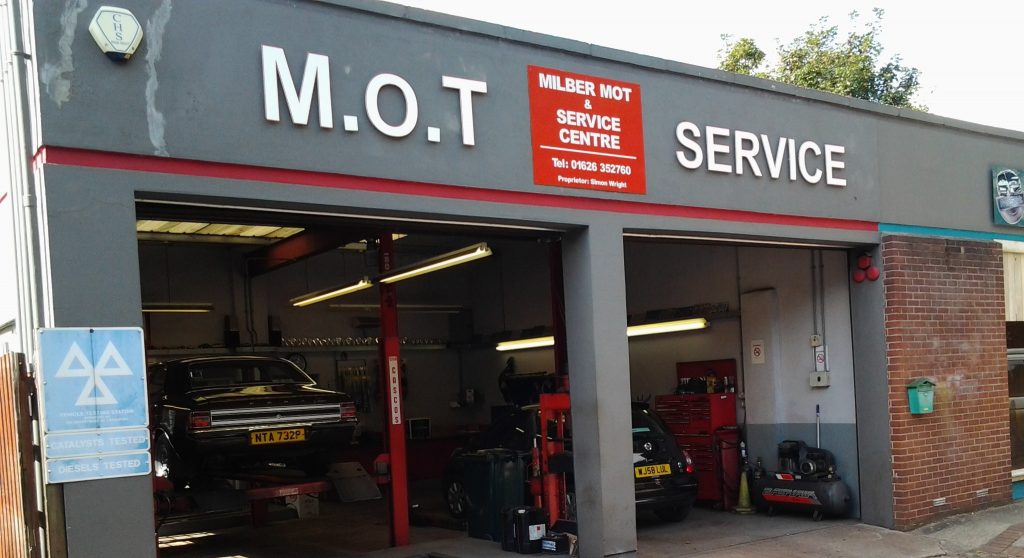Our MOT History Checks are powerhouses of information, even though it may not seem it. When we check a vehicle’s MOT History, we source information directly from the DVLA for any car registered in the UK that has had an MOT test since 2005.
A complete and concise MOT History generally suggests a vehicle has been well looked after by its previous keepers. And generally speaking, a vehicle with a history of MOT test failures and lots of advisories could point to a higher risk of mechanical issues and increased financial spending to fix these problems, in the future. There are of course exceptions but this is the general rule of thumb, and something to watch out for. It pays to be prepared.
What is included in an MOT History check?
With FreeCarCheck we proudly provide a FREE MOT history on any car. It’ll show you the following:
- Current MOT status (valid/not valid)
- Entire MOT history
- Including list of advisories and fails
- MOT Test Centre number, reference number, and dates
- Next MOT due date and free reminder service
Don’t pay more – other companies may charge up to £20 for this information, but it’s available through us (or the DVLA directly) for no cost.
Why should I bother with an MOT check anyway?
Because an MOT is a legal requirement in the UK, and – as you probably know – is essentially a basic historical document for the vehicle. It will show the faults and identify any potental future faults – think of it like an encyclopedia for your car. While it doesn’t show every minor bit of detail, it is a useful thing to know nevertheless.
Even if you don’t think you can afford an MOT test (which nowadays costs about £40), then remember this: Any future buyers of your car will want to know why you haven’t. MOT testing is a pretty much standard yearly practice for every driver in the UK, unless your car is too new of course; and your car without it will stand out like a sore thumb! This will also impact resell values, so it’s a false economy not to obtain an MOT. WeBuyAnyCar clarifies their position on cars without MOTs and the amount it knocks off the value they pay here.
A basic history of MOT Testing (UK)
The history of MOT testing is quite long. It stands for Ministry of Transport and you are legally obliged to have your vehicle(s) tested for their roadworthiness with this test. Interestingly, it doesn’t apply only to highways but to all other roads as well. In Northern Ireland it’s a legal requirement to have it every 4 years, in Great Britain it’s every 3 years.
MOT testing was introduced in 1960, and was originally just a basic test – checking only essentials like the brakes, lights and steering, and was to be carried out after the vehicle was 10 years old and every year thereafter. Nowadays, it’s a lot more stringent and in-depth….
What are the MOT classes and what do they mean?
There are several “classes” of MOT testing:
- Class I — Motorbikes (mopeds etc) up to 200cc
- Class II — All other motorbikes
- Class III — 3-wheeled vehicles
- Class IV — Cars, taxis, minibuses and ambulances up to 12 passenger seats, Goods Vehicles not exceeding 3,000 kg Design Gross Weight (DGW), motor caravans and Dual Purpose Vehicles.
- Class V — Private passenger vehicles, ambulances, motor caravans and dual purpose vehicles with 13 or more passenger seats
- Class VII — Goods vehicles under 3.5 tonnes, such as light goods vehicles.
- PSV test (Class VI) — Public service vehicles used for hire
- HGV test — Goods vehicles over 3.2 tonnes and trailers over 1.2 tonnes.
The main class for most people will be Class IV (class 4) as this includes nearly all cars that are seen on UK roads. FreeCarCheck can provide MOT testing results for all of these classes, in most cases.
What does the MOT test cover?
The MOT test covers the following aspects, plus a few more:
- Exhaust & Emissions
- Cracks, chips in windscreen
- Seat Belts and safety
- Number plate position (note: this doesn’t check for “plate cloning”, that is included in our Premium test).
- Lights, if they are fully working or faulty
- Brakes
- Tyres , Wheels and alloys. Any scratches if they are serious will show here. If the tyres are bald then it’ll be recorded, and they’ll need replacing.
- Doors
- Seats – the general condition
- Suspension
- Fuel system problems
- Any dents in the body or damage
Without these tests, your vehicle will be severely impacted by re-sale values: in other words, you’ll get less for your car when you come to sell. Don’t forget that both our Free and Premium packages include the MOT History check as standard, but if you want to purchase a full Premium report we’ll check around 50 other things too.

Very very informative, thank you for sharing.
i bought mot validity check but it says not found please help